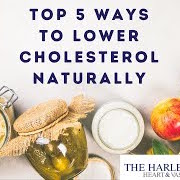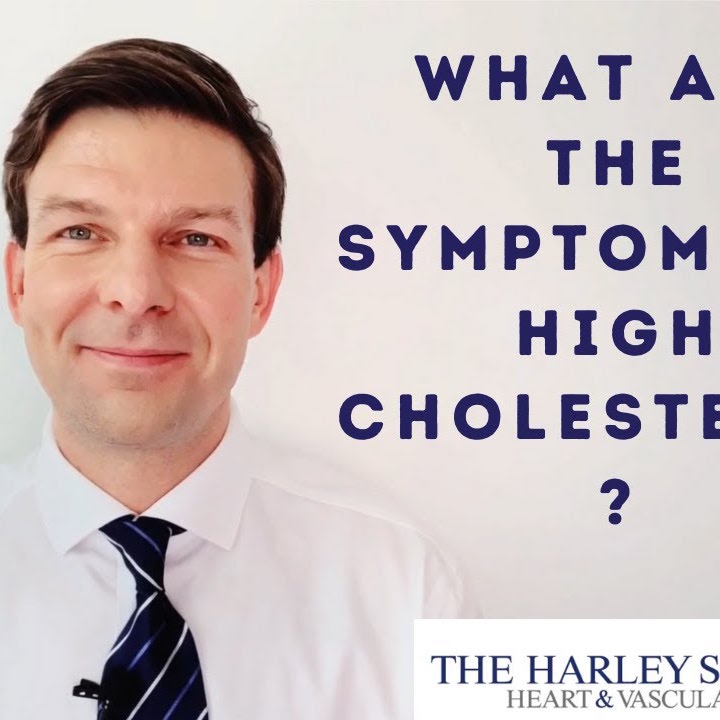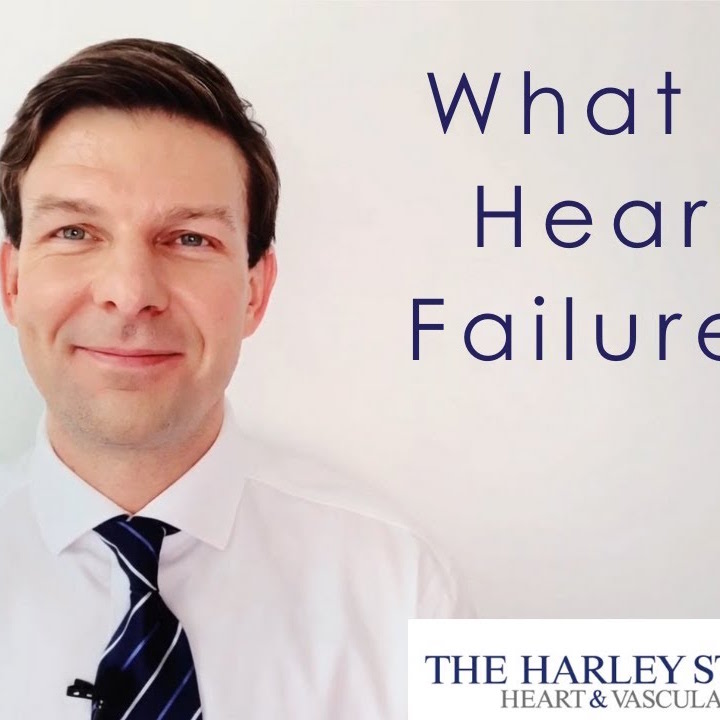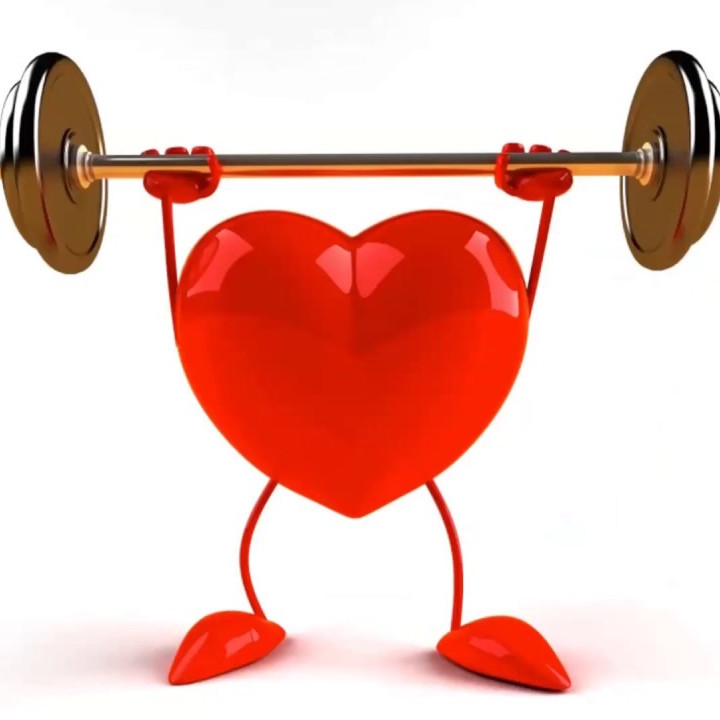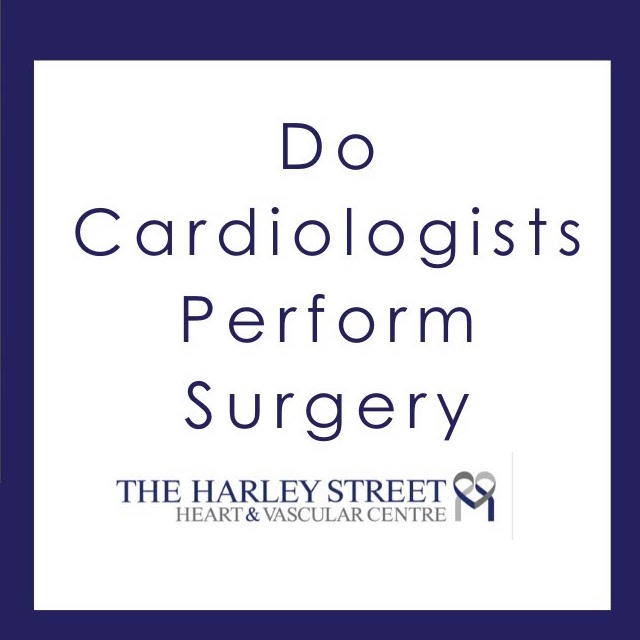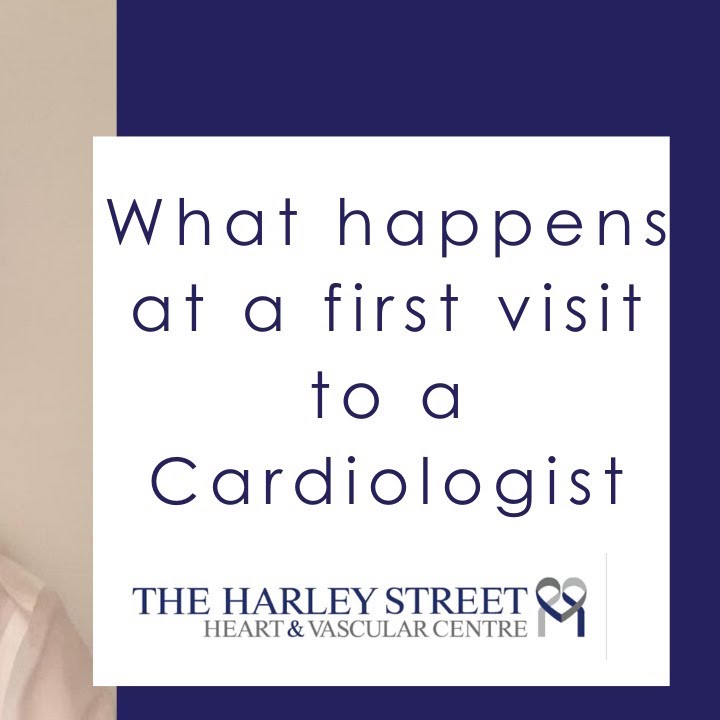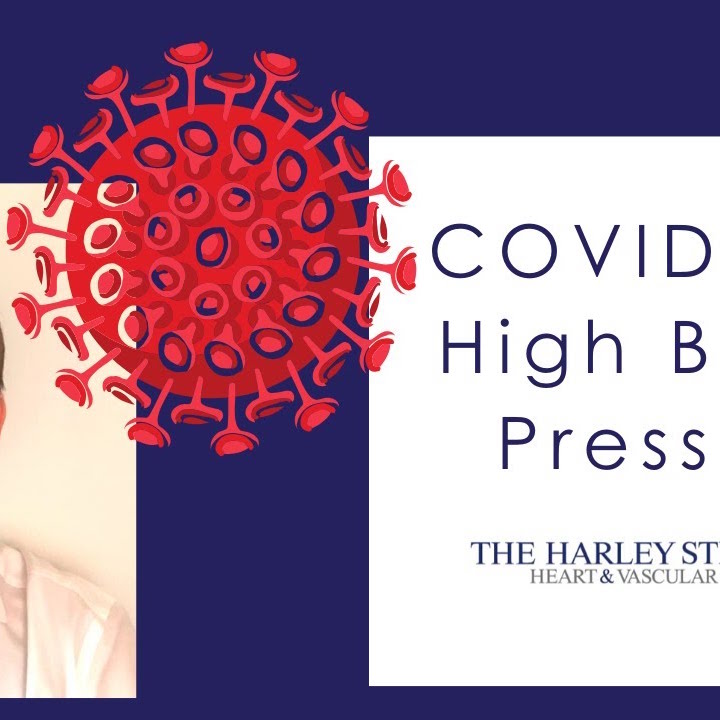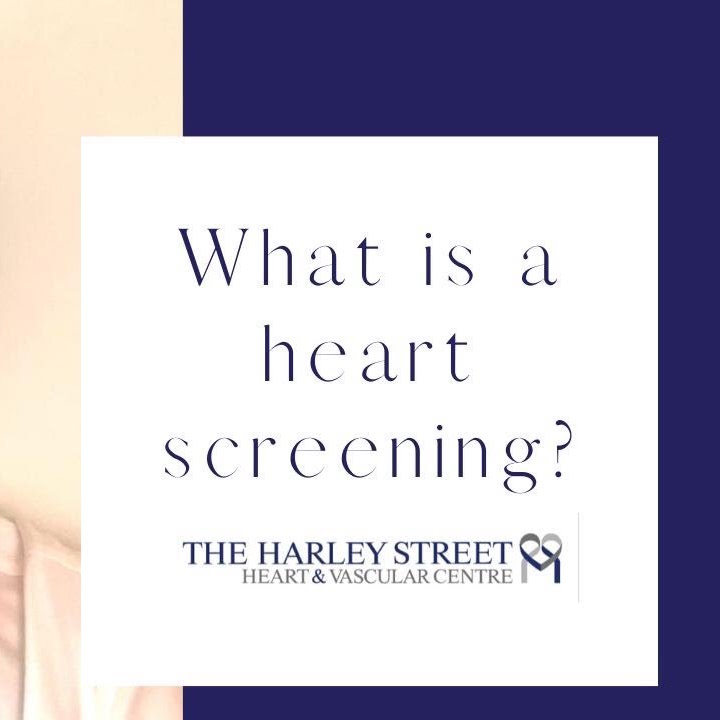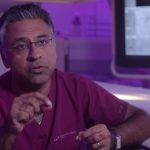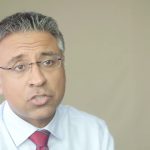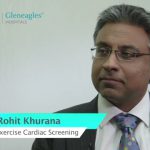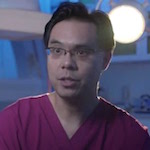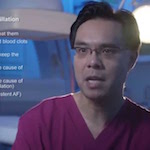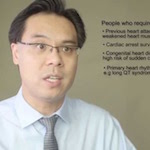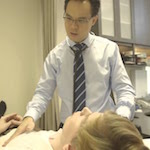HEART VIDEOS
Is Chocolate Really Good For You?
Chocolate is usually deemed a guilty pleasure but what if you don’t have to feel guilty eating it? Host Munah Bagharib does some decadent research into how this sweet treat has some health benefits for our heart and brain. But what type of chocolate should we eat, and which should we avoid? We put some chocolates to the test to find out.
Read More Blood in your Stools! What do you do?? Harley Street Health Episode 8
If we are honest with ourselves, most of us have probably seen some blood in our stools or on their toilet paper after wiping...! In this episode of Harley Street Health Dr Michael MacDonald talks to an expert on the bowel Dr Tan Wah Siew. She is a Colorectal Surgeon in Singapore. We talk about what you should do when you see blood, and when you need to see a doctor. We go through what your colorectal specialist will do during your visit and discuss the common causes of blood in the stools.
Read More Varicose Veins: Everything you need to know
Varicose veins will affect a lot of us as we get older. They can be both painful, cosmetically unsatisfactory, and create other medical issues. In Harley Street Health Episode 6, Dr Michael MacDonald chats with our very own Senior Vascular Surgeon, Dr. Sriram Narayanan, about everything varicose veins. We discuss why we get them, and what we can do about them. Including invasive and non-invasive techniques to deal with them.
Read More SINGAPORE
Gallstones - What are they and what can you do about them? Harley Street Health Episode 7
Gallstones are super common and lead to a lot of discomfort. They cause abdominal pain, back pain and nausea/vomiting. In this episode of Harley Street Health Dr Michael MacDonald talks to Dr Lee Ser Yee, a consultant hepatopancreatobiliary surgeon and all-round gallstone/liver expert about what causes them and what you can do about them. We take a look at the risk factors for gallstones, how they are investigated and different surgical and non-surgical treatments including the use of minimally-invasive surgery.
Read More Dialogue with medical expert: Chronic Heart Failure
Dialogue with medical expert is a series of educational videos where medical specialists share their insights on various disease states.
Read More Everything Sleep Apnea: Harley Street Health Episode 5
Do you...... Wake up feeling tired? Have difficulty concentrating during the day? Have a low-level headache or daytime fatigue?
Read More Diabetes - Beginners guide: Harley Street Health Episode 4
We all have friends and family with diabetes. Diabetes is now at epidemic levels and leads to major issues like heart attacks, strokes, kidney failure and blindness. In this episode of Harley Street Health Dr Michael MacDonald has a chat with consultant endocrinologist Dr Daniel Wai about everything diabetes!
Read More Harley Street Health Episode 3: Heart attacks and heart failure - what's the difference?
All the different terms for heart disease can be really confusing.....heart attacks, heart failure, coronary artery disease.... In this podcast episode, Cardiologist Dr Michael MacDonald discusses the differences. The primary process that leads to a lot of heart disease is called atherosclerosis. Lipid rich plaques form in the walls of the coronary arteries. When these plaques get inflamed, they can rupture, and a clot can form in the coronary artery, stopping blood flow to the heart muscle. This is called a heart attack (or myocardial infarction). This process can cause sudden death and damage to the heart muscle.
Read More Harley Street Health Episode 2: Pelvic Congestion Syndrome - Don't Suffer In Silence
Pelvic congestion syndrome is a remarkably common cause of chronic pelvic pain in women, but it is incredibly underdiagnosed. In this video Dr Michael MacDonald interviews Dr Sriram Narayanan, a senior consultant vascular surgeon at the Harley Street Heart & Vascular Centre, Singapore. Dr Ram talks about how PCS is caused, how to investigate it, and how to manage the condition
Read More Harley Street Health Episode 1: Palpitations. What are they and how do we treat them?
The first episode of the Harley Street Health Series. In this video Dr Reginald Liew and Dr Michael MacDonald discuss the common symptom of palpitations. What are palpitations? What are they caused by? How can you treat them? What lifestyle changes can make the difference?
Read More How do you feel when you have high blood pressure?
In this video Dr Michael MacDonald (Singapore Cardiologist) explains how most people feel when they have high blood pressure. The simple fact of the matter is that high blood pressure is also called "The Silent Killer" for good reason. Most people have no symptoms whatsoever! High blood pressure slowly damages your blood vessels all over your body leading to heart attacks, kidney failure, strokes and death.
Read More Top 5 ways to lower high cholesterol naturally
Your doctor's told you you have high cholesterol! You will be at a higher risk of heart attack and stroke. So what can YOU do about it?? The first thing to do is take the cholesterol-lowering medication if your doctor has recommended it. But that's not all. There are simple dietary tricks you can do to lower your cholesterol naturally. In this video I explain the 5 most effective, scientifically proven techniques to bring your cholesterol down. This includes the single most important supplement that has been proven to work.
Read More What are the symptoms of high cholesterol?
High cholesterol leads to premature blockages in the heart arteries, heart attacks and strokes. But how do you know if you have high cholesterol? What are the symptoms? The answer is that the majority of people have no symptoms at all until they have a heart attack or a stroke! High cholesterol works in the background causing atherosclerosis, slowly furring up the arteries all over the body. The only way to know if you have it is to get a blood cholesterol check by your doctor.
Read More What is heart failure and what can I do about it?
Swelling of the legs, breathlessness and tiredness are some of the common symptoms of a condition called heart failure. Heart failure is increasingly common, and is caused by common conditions like high blood pressure, coronary artery disease and diabetes. There are lots that can be done to treat it, but the first step is getting it diagnosed. If you have any of the above symptoms you should visit your doctor to get assessed.
Read More Why can't I lose weight by dieting? AND how best to lose weight long term!
How many of you have tried a diet, lost some weight, then a few months later you are back to square one?! You are not alone. Studies show us that most people that try a diet have put that weight almost completely back on within 1-2 years. But why is that? Why is it so difficult to keep weight off long-term? What is the best way to lose weight and keep it off? In this educational video, I explain how your body tries to keep you at your current weight and why short terms diets don't work in the long term. I will also explain the techniques needed to sustain weight loss long-term and improve your overall wellness.
Read More Do cardiologists perform surgery?
What is the difference between a cardiologist and a cardiac surgeon? Both specialties are involved in managing patients with heart problems, but they do very different things. A cardiologist diagnoses and treats conditions of the heart and blood vessels usually with medication and sometimes with minimally invasive techniques like angioplasty. Some conditions cannot be dealt with in this way and this is when a cardiac surgeon steps in. A cardiac surgeon often performs major surgery where the patient is given a general anesthetic and their chest is opened up to access the heart. Cardiac surgeons do operations like valve replacements and coronary artery bypass grafting.
Read More What happens at a first visit to a cardiologist?
It can be scary when you have to visit a cardiologist for the first time. Worrying about what they will do and what they might find. Don't worry! It's really not that scary. In this video I talk you through what happens at a first visit and what tests you can expect. It will always start with a conversation about your symptoms and background history followed by an examination of the heart. After this you will most likely get an ECG and a number of other tests depending on your symptoms.
Read More COVID 19 and the treatment of hypertension
There has been a lot published in the media about the relationship between COVID-19 and hypertension (high blood pressure). In this video Singapore cardiologist Dr Michael MacDonald goes over the available data on COVID and high blood pressure and offers practical advice on how to manage hypertension during this pandemic.
Read More What is a heart screening?
Have you ever wondered what a heart screening is? Singapore Cardiologist Dr Michael MacDonald walks you through what commonly happens when you visit your doctor to get a heart checkup. He will tell you what tests are most important and why your doctor might order them.
Read More Learn and understand what Coronary Angiogram is about - Dr Rohit Khurana
When do one need an angiogram and how is it being done.
Read More Why Cardiac Screening is Important? - Dr Rohit Khurana
Early detection of heart diseases through cardiac screening save lives
Read More The Importance of Pre Exercise Cardiac Screening Dr Rohit Khurana
Dr Rohit Khurana talks about the importance of pre exercise cardiac screening.
Read More What is AF Ablation?
Dr Regianld Liew talks about what is AF Ablation, what does it treat and how it is done.
Read More What is Atrial Fibrillation?
Dr Reginald Liew talks about what is Atrial Fibrillation and what are some of the current treatment options available today.
Read More Pacemakers, what are they for?
Dr Reginald Liew explains what are pacemakers, how it helps in treatment of multiple heart conditions, how it is implanted and how long it would last.
Read More Palpitations - Causes, how to detect and how to treat them
Dr Reginald Liew talks about what are palpitations and what are the causes of it. He will also talk about different types of heart rhythm problems, how to detect them and the various treatment options available.
Read More 













